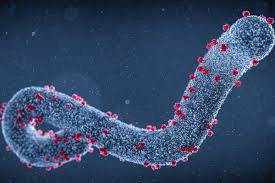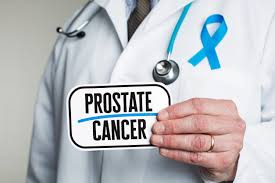Surge in flu puts health services under 'pressure'
This flu season has hit harder than expected, causing a major strain on healthcare services. Hospitals and clinics are overwhelmed with a sharp rise in flu cases, especially among vulnerable groups like the elderly and children. The added pressure is coming at a time when health systems are still recovering from the pandemic’s impact.
Why the Surge?
The flu is spreading faster than usual, leading to more hospitalizations and creating a backlog in emergency rooms. Healthcare workers, already exhausted, are facing burnout while trying to keep up with the rising demand. Non-urgent procedures are being delayed, and resources like ICU beds and medical supplies are in high demand.
The surge is also stressing medical supplies, including flu tests, antivirals, and vaccines. Many areas are struggling to meet the demand for flu vaccines, and hospitals are calling for more resources to manage the influx of patients.

What You Can Do
To help reduce the pressure on health services, health officials urge people to:
Get vaccinated against the flu. Wash hands regularly and wear masks in public spaces. Stay home if sick and seek medical attention early if symptoms worsen. By following these simple steps, we can help slow the spread and ease the burden on healthcare providers.
Final Thoughts
This flu season highlights the need for continued support for healthcare systems. By staying informed and practicing preventive measures, we can help ensure that healthcare professionals can focus on those who need it most. Stay safe, and let’s work together to reduce the strain on our health services.

